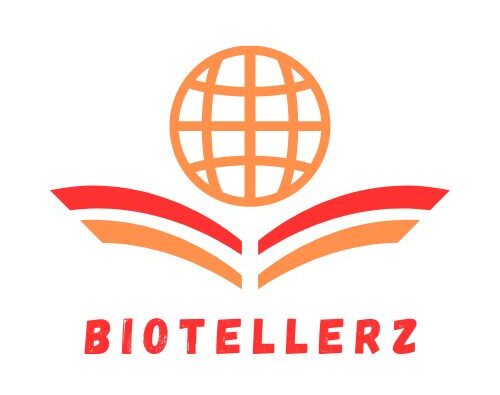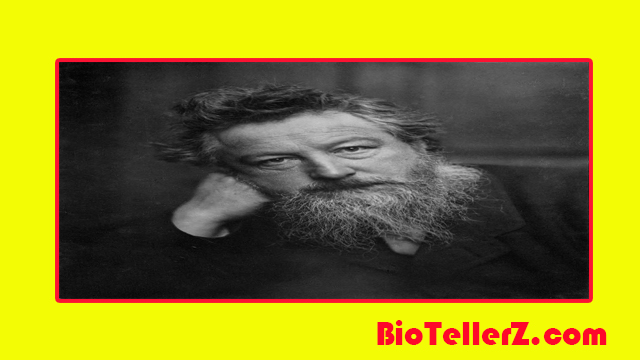Antoine Lavoisier – Best Guide in 2023
Antoine Lavoisier, in full Antoine-Laurent Lavoisier, (born August 26, 1743, Paris, France—died May 8, 1794, Paris), prominent French chemist and leading figure in the 18th-century chemical revolution who developed an experimentally based theory of the chemical reactivity of oxygen and coauthored the modern system for naming chemical substances. Having also served as a leading financier and public administrator before the French … Read more

